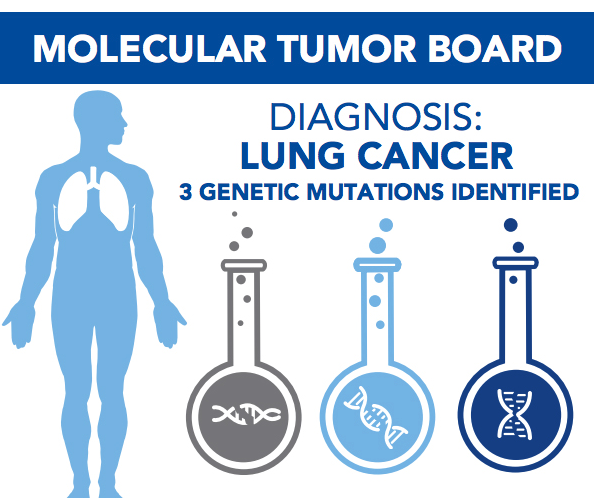Biography
Dr. Afkhami is a Anatomic and clinical pathologist with subspecialties in Hematopathology and Molecular Genomic Pathology. She currently serves as a medical director of the clinical molecular diagnostic laboratory (CMDL), chair of the multidisciplinary Genomic Tumor Board, and member of the Oversight Precision Medicine Committee and the Toni Stephenson Lymphoma Center of the Beckman Research Institute at City of Hope (COH) Cancer Center. As a clinical scientist and physician her main interests lay in the dissection of the molecular mechanisms leading to the pathogenic events driving cancer transformation in solid tumors and hematopoietic malignancies. She supervise clinical, developmental, and regulatory activities of the CMDL and for past five years has developed and designed multiple complex molecular panels for solid tumors, hematologic cancers, and germline predisposition testing. She additionally serves as a member of multiple disease teams, including Melanoma, Head and Neck, Thyroid, Neuro-oncology, Leukemia, Lymphoma, Multiple Myeloma, Neuroendocrine, Precision Medicine, and Phase I therapeutic teams at COH. As a principal investigator of multiple studies in Thyroid cancers and Acute Myeloid leukemia, and Ph-Like Lymphoblastic leukemia many of her work have been presented in many national and international meetings.
Session Abstract – PMWC 2020 Silicon Valley
The Molecular Tumor Board (MTB) was mostly established to facilitate the incorporation of molecular diagnostics into the consideration of appropriate therapies for patients with late stage cancer. Initially, much of the deliberation was focused on understanding the results of such testing, as reporting of results was limited in scope and frequently understandable only to cutting edge experts in the field. Improved, but still not perfect, reporting now exists, so discussion has shifted to prognostic and therapeutic considerations. That said, the collective experience with rare mutations and off label therapies is still such that collective wisdom is necessary. This brings up the issue of how MTBs collect, share, and preserve data within a specific MTB, and perhaps more importantly, how it might be shared amongst MTBs and beyond. While initial activity related to MTBs resided almost exclusively in large academic, and select community, medical centers, there is now significant effort in the commercial setting as well, with a number of intriguing efforts presently underway. Important and evolving issues, such as defining which patients are most likely to benefit from the efforts of a MTB, Virtual MTBs, and the generation of Real World Evidence, will be discussed.









